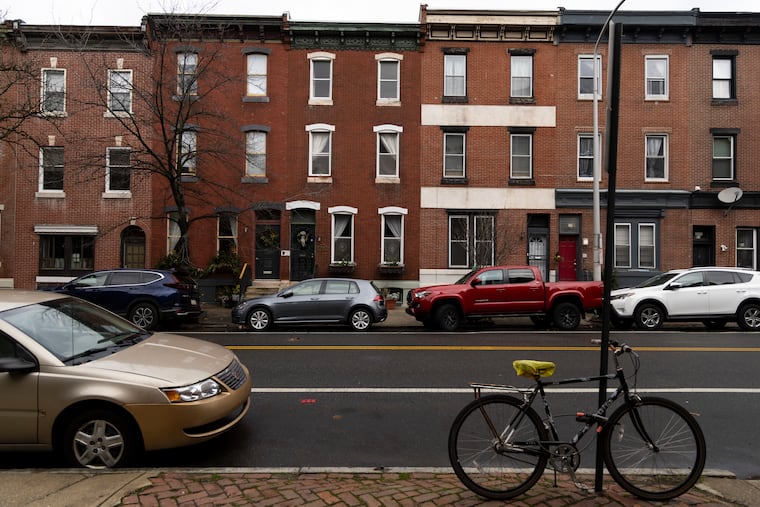Mayor launches age-friendly housing initiative supported by AARP.
In Philadelphia, individuals aged 50 and older share a common aspiration: the desire to live independently and with dignity in familiar communities. For many seniors, their homes represent not just a place filled with memories, but their most significant financial asset. Currently, approximately 75% of adults in this age group own their homes, with home equity constituting more than half of their net worth. Nationally, over 85% of older adults express the wish to remain in their homes as they age, a sentiment that resonates strongly among Philadelphia’s mature residents.
However, a considerable challenge exists: more than half of Philadelphia homeowners aged 50 and above reside in houses that are over 60 years old. This situation can lead to escalating maintenance costs, safety hazards, and difficulties related to accessibility. Furthermore, nearly 30% of older adults in Philadelphia live alone, highlighting a pressing need for safe and supportive environments conducive to independent living.
In response to these challenges, organizations such as AARP are advocating for enhanced affordable housing options that provide diverse living choices for residents of all ages. A significant step forward was made with the recent enactment of a comprehensive set of zoning and land use reforms under the H.O.M.E. (Housing Opportunities Made Easy) initiative spearheaded by Mayor Cherelle L. Parker. This initiative is aimed at facilitating access to a variety of housing types, including duplexes and affordable units in well-connected neighborhoods, thereby addressing the needs of older Philadelphians.
Implementing these reforms promptly is critical, and collaboration among City Council members and the Parker administration is essential to ensuring their success. The newly enacted policies promote “gentle density,” which allows for the integration of small-scale housing options while preserving neighborhood character. This alleviates the burden of obtaining costly zoning variances, streamlining the development of housing that meets the community’s evolving dynamics.
The H.O.M.E. initiative is backed by a substantial investment of billion, which includes 0 million in city bonds and an additional 0 million from various sources, aiming to construct or preserve 30,000 housing units. The initiative also addresses “tangled title” issues, where homeowners are unable to access essential services and legal protections due to unclear property ownership.
AARP’s advocacy highlights the economic pressures faced by many Philadelphians, particularly seniors who often contend with limited incomes. Recent surveys reveal that around 35% of older adults in the city live at or near the poverty line. In the fiscal year 2026 budget, the city has allocated significant funds to support home repairs, expand rental assistance programs, and provide housing counseling to prevent evictions.
These developments represent crucial steps toward ensuring that no Philadelphia resident has to choose between housing costs and basic necessities such as medication or groceries. AARP supports emergency relief funds for those at risk of losing their homes and advocates for transparency measures to protect older individuals from predatory practices.
Beyond providing housing, these efforts are part of a broader vision to cultivate livable communities that prioritize accessibility and safety for all ages. Philadelphia’s budget also reflects a commitment to accessible transportation, allocating funds for low-income transit programs and initiatives aimed at enhancing pedestrian safety. As these policies continue to unfold, they signify a promising alignment between urban development strategies and the aspiration for secure, affordable living environments where individuals can thrive as they age.
Media News Source







